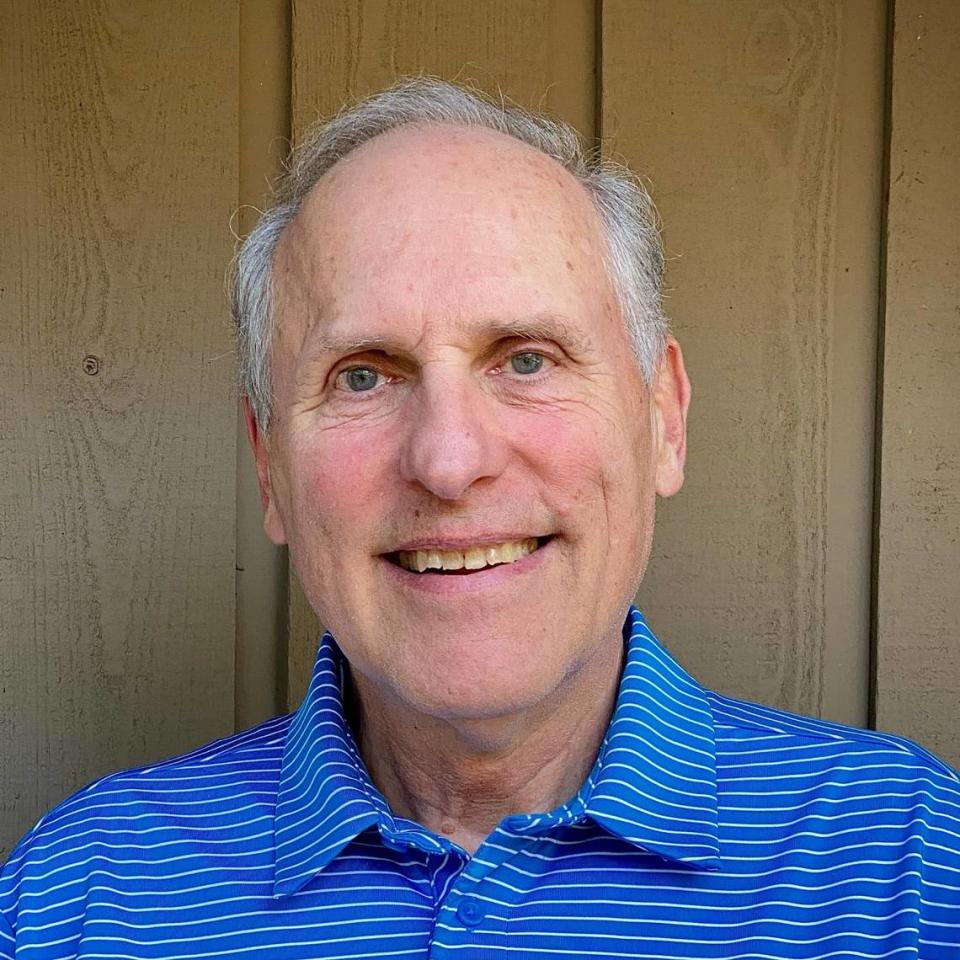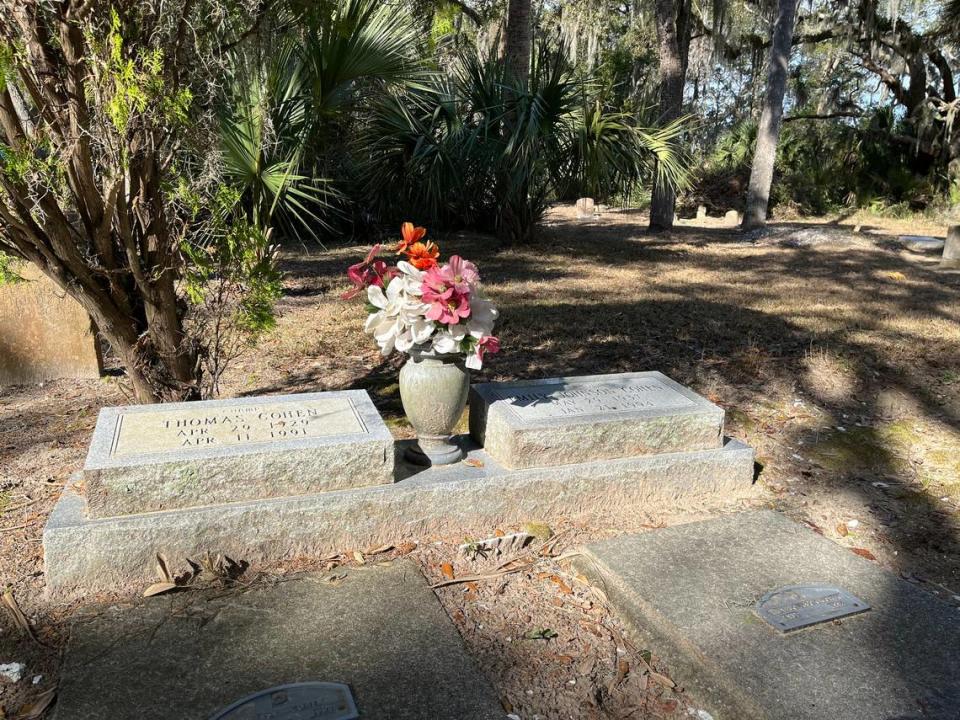The dwindling Hilton Head Gullah: Who will tell the stories of their contributions? | Opinion
Thomas Cohen’s tombstone seemed to be calling out, like the wrens in the woods at Jenkins Island Cemetery.
But the “Champ’s” handsome marble stone that is shared with his wife, Emily “Emmy” Johnson Cohen, sounded more like an old boxing trainer. As I stood there with my pitchfork, I could hear the voice of trainer Samuel D. Solomon shouting to world heavyweight champion Leon Spinks as he was getting pummeled by Muhammad Ali.
“Hit him, Leon! Hit him, Leon!”

Leon didn’t hit him. And, sadly, Leon didn’t come through for Hilton Head Island native Thomas Cohen either when he trained here for the big rematch with Ali in New Orleans in 1978.
And there on the marshes of Skull Creek, in a still beauty that only the South Carolina Lowcountry can produce, I wondered if our community as a whole had come through for Thomas Cohen.
A new study of the island’s demographics shows that his Gullah culture is slipping away, losing ground literally, and dwindling as a percentage of island residents. Have their contributions been appreciated?
Certainly the Historic Cemetery Cleanup organized by the Hilton Head MLK Committee for Justice is a sign of respect. It brought me there with volunteers from First Presbyterian Church, the Hilton Head Rotary Club, the Town of Hilton Head Island and others on a sunny Saturday morning in February.
Thomas Cohen was buried there on April 16, 1991 with full military honors. He was only 61. He had lived his entire life at a family compound on Spanish Wells Road, saying he was the fifth generation to till it, and raise hogs, chickens, hunting dogs and marsh tacky horses there.

Cohen joined the U.S. Army in 1950, and learned to box in his two years of service. He ended up winning the Fifth Army and Seventh Army boxing championships. He boxed around the world as an amateur and then a pro, saying he lost only once before coming home in 1971.
He was always a sportsman, starting a baseball team called the Hilton Head Sluggers, and racing his marsh tacky horses in the old Christmas day tradition of the Gullah.
He started teaching his five sons to box, and then scores of kids. He organized Saturday night fights “under the old tree” outside Gene Wiley’s Golden Rose Park night club. By 1977, he’d raised enough money to build a cinder block boxing emporium by his house.
He sorely hoped Leon Spinks would come work out there, talk to the kids, maybe help him raise money to finally put a roof on his Hilton Head Sporting Club. That didn’t happen. But a woman who lived at the end of Spanish Wells Road read the publicity of the day and bought materials for the roof.
Cohen taught things kids needed: discipline, goal-setting, perseverance. He also used his hands of steel to farm, shrimp, crab and pick oysters. And, oddly, he could build delicate models of shrimp boats that were seen as works of art.
One of his boats brought the highest bid in the second Lowcountry Auction in 1972, raising $1,150 for the benefit of Hilton Head Elementary School that his eight children attended, and the Children’s Center daycare center catering to working families.
Cohen’s shrimp boat beat some big-timers for that honor: works by two members of national Society of Illustrators Hall of Fame, islanders Joe Bowler and Coby Whitmore, as well as a bird sculpture by the uber-popular Walter Palmer.
When most small towns in South Carolina were building white-flight private schools, Hilton Head was instead raising money for the public schools, and Cohen was in the thick of it.
Cohen was honored by the Community Association for rescuing a man from a burning car.
He raised a powerful fist in the air when the highway department wanted to run the Cross Island Parkway right through his home place.
Now he rests quietly in a spruced-up cemetery. Oh that the wrens aren’t the only ones who can sing the stories there.
David Lauderdale can be reached at LauderdaleColumn@gmail.com.

